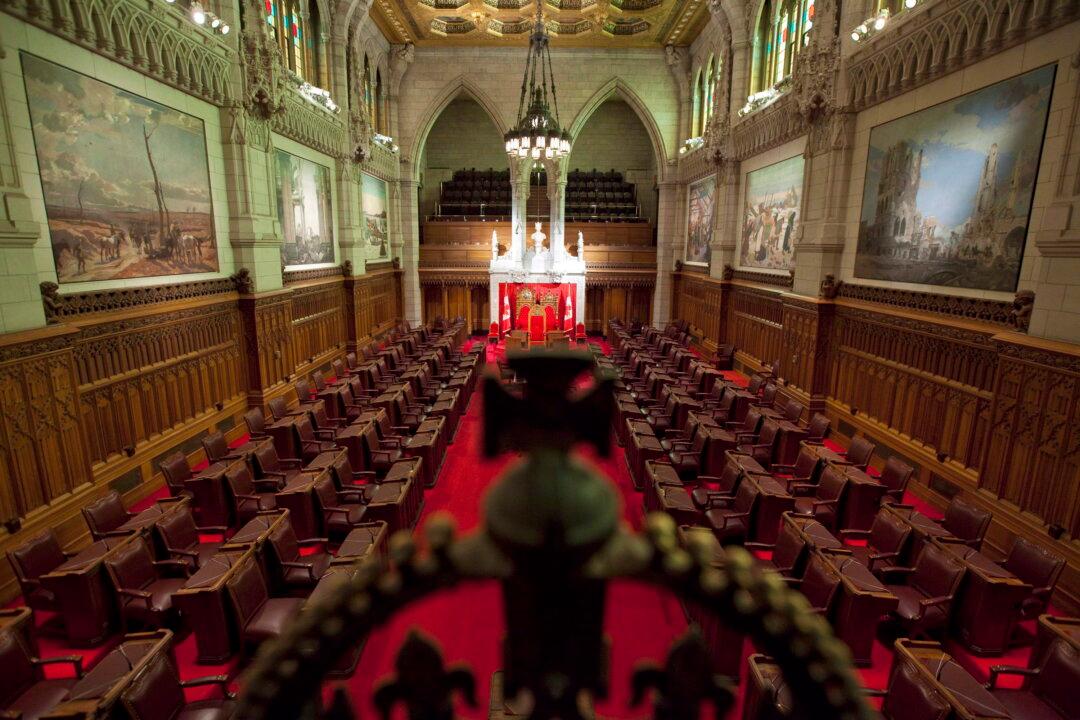Gabrielle Peters is a writer with disabilities who lives on one of the lowest incomes in Canada. She was admitted to a hospital in Vancouver following the onset of a rare autoimmune system disease in 2009. Soon after, her partner left her to become homeless after the disease made her unable to work. But she hung on to life on the belief that everyone can to choose to live with dignity.
But Peters is concerned that people with disabilities may be deprived of the choice to live following the introduction of Bill C-7, an Act to amend the Criminal Code on medical assistance in dying (MAiD). She questioned the justifications for MAiD in a statement presented at a Senate committee hearing on Wednesday.





